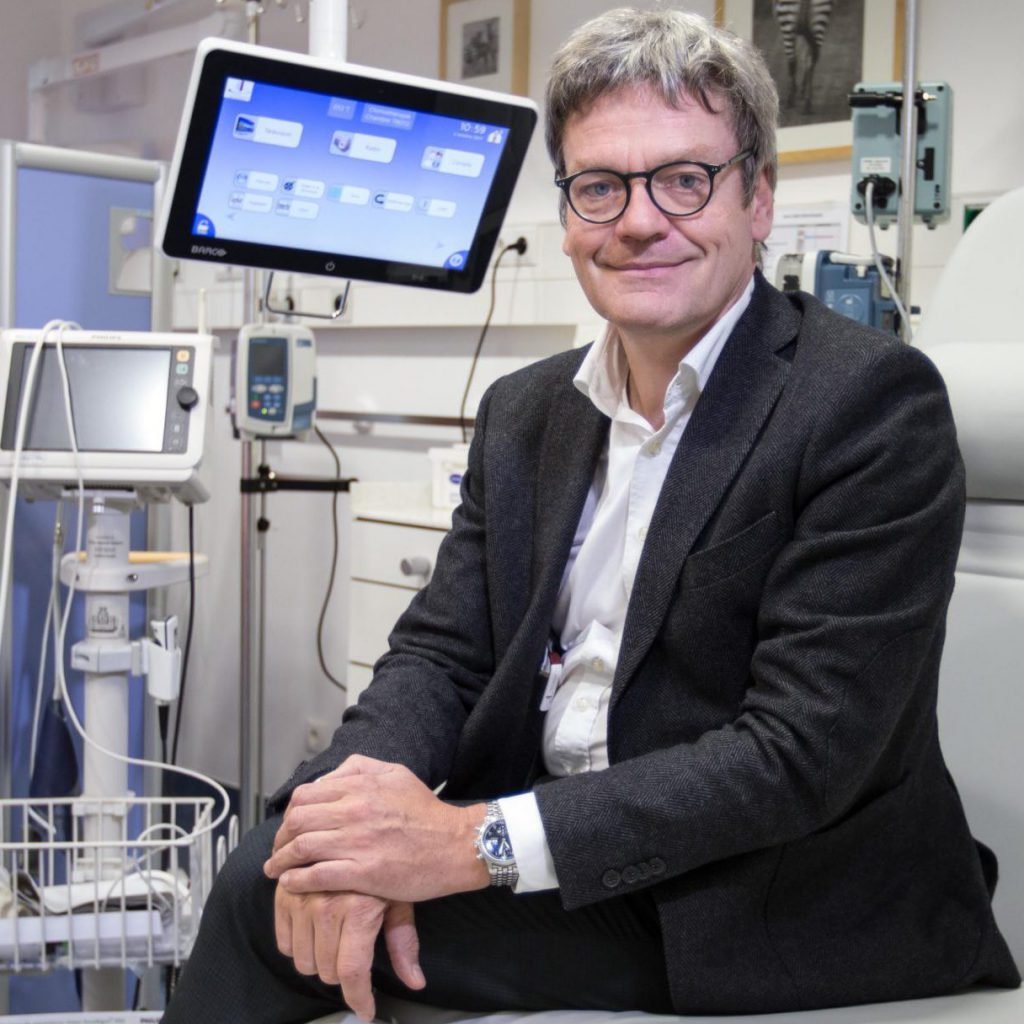"Access to basic integrative healthcare services in cancer care not only supports a higher quality of life, but this study also shows that these services increase a patient's chance of survival," study co-author Dr. Wayne Jonas, executive director for Integrative Health Programs at the Samueli Foundation in Alexandria, Virginia, said in a news release.
The researchers investigated the relationship between survival of breast cancer patients and the level of involvement in integrative oncology at the institutions treating them.
Their analysis included 173 women newly diagnosed with breast cancer (mean age, 51; 8% metastatic) treated at 103 institutions with conventional medical treatments such as surgery, chemotherapy and radiation.
Based on information provided by treating oncologists, institutions were scored as providing low (25 centers), low-mid (26), mid-high (23), or high (29) levels of education and support for 12 complementary and lifestyle therapies: nutrition, exercise, patient support groups, spiritual services, psycho-oncology support, massage therapy, meditation or mindfulness, yoga, acupuncture or acupressure, music and art therapy, Reiki or healing touch, and tai chi or qi gong.
Low-scoring institutions had a "notably" lower five-year overall survival rate (89%) compared with low-mid (96%), mid (96%) and high (95%) scoring institutions, the researchers report in the Journal of Oncology.
Women treated at institutions that had crossed the threshold above the low integrative score into a low-mid score or higher were up to three times more likely to survive over the five-year period, compared to patients treated at institutions with a low score, the researchers say.
"What I was surprised about was how little it actually took to shift the survival curve. We found that if you at least got the core six, the basics that are in many guidelines, you saw the jump in life expectancy and likely quality of life," Dr. Jonas noted in a phone interview with Reuters Health.
The core six services are nutrition counseling, exercise counseling, psycho-oncology support, spiritual services, patient support groups and meditation.
"It didn't take very much to do it. You didn't have to become one of the top integrative centers around the country. All you had to do is provide the core six," Dr. Jonas said.
"If a minimal threshold of integrative involvement is all that is needed to increase the odds of survival, as shown in this study, then this is important to patients, to institutions, to healthcare professionals that treat them, and to pharmaceutical companies providing conventional treatments," the study team writes in their paper.
"Increasing the odds of survival through whole-person integrative oncology is an endeavour worthy of additional investigation and investment by the treating institutions and pharmaceutical companies," they said.
They suggest cancer centers offer a path to access six core complementary and lifestyle therapies and integrate them with conventional medical treatments. Three could be offered on-site (nutrition and exercise counseling, and psycho-oncology support) and the other three at a referred location (patient support groups, spiritual services, and meditation).
SOURCE: https://bit.ly/3mL8Xi0 Journal of Oncology, online December 18, 2021.
By Megan Brooks
Posted on
Previous Article
« GnRHa therapy protects the ovaries of young women with breast cancer having chemo Next Article
High-fiber diet tied to better immunotherapy response and progression-free survival in melanoma »
« GnRHa therapy protects the ovaries of young women with breast cancer having chemo Next Article
High-fiber diet tied to better immunotherapy response and progression-free survival in melanoma »
Related Articles

May 25, 2022
Letter from the Editor
January 20, 2021
Merck KGaA, GSK suffer lung cancer drug setback
© 2024 Medicom Medical Publishers. All rights reserved. Terms and Conditions | Privacy Policy

